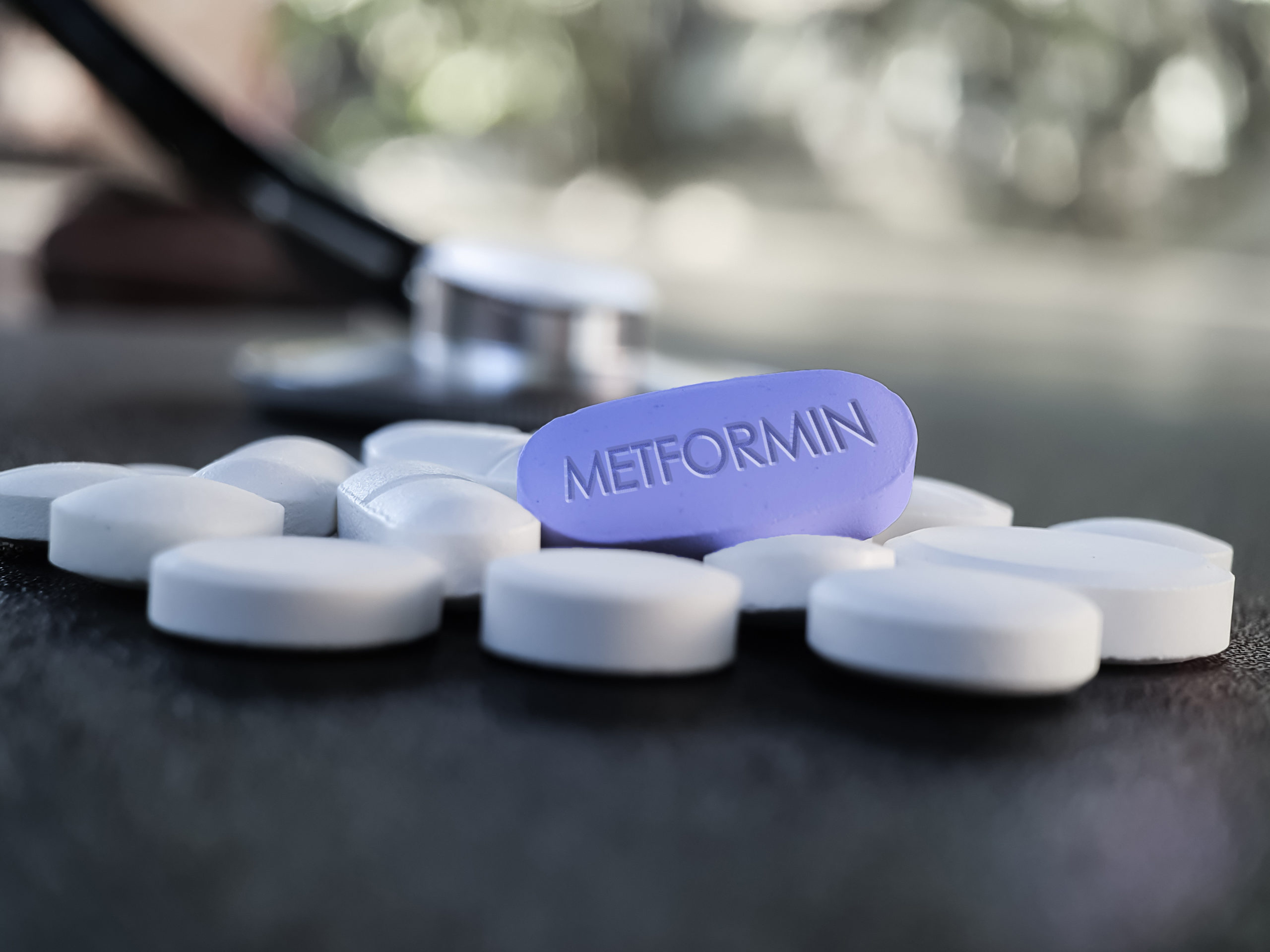
Are pigs brain cells the answer to those with Parkinson’s?
November 21st, 2017Living Cell Technologies, based in Aukland New Zealand have been developing a procedure that uses cells from the choroid plexus in pigs. The construction of this brain combines growth factors and signalling molecules known to helps keep nerve cells healthy.
Patients suffering with Parkinson’s disease have had pigs brain cells implanted in their brains, in hope that it will stop the disease progressing.
This method is still in the primary stages of tests and trails. Although, initial results from four patients is looking encouraging, with all showcasing improvements 18 months after the surgery.
Last month, 18 patients completed the operation in a placebo-controlled trail, using the choroid plexus cell implants. The goal is that compounds created by these cells will nourish the remaining dopamine-producing cells in the participant’s brains, hopefully slowing further loss.
Ken Taylor of Living Cell Technologies stated “It’s putting in a little neurochemical factory to promote new nerve cell growth and repair,” as this method has been seen to be successful in the rat version of Parkinson’s disease.
The research team documented the average improvement among candidates, this was then measured on a 199-point scale of symptom severity, which gages how well participants can cut up their food and are able to walk. Steven Gill at the University of Bristol stated, that participants improved immediately after their surgery, this could be due to the placebo effect as “nerve cells do not regrow that fast”.
This is an ongoing research trial; participants have had up to 120 capsules put in both sides of their brains. Roger Barker from the University of Cambridge states, “The strategy is a good idea, the question is how competitive that will be compared with other cell therapies.”
Additionally, pig’s brain cells are being examined as treatments for other disorders caused by the nerve cells dying, in conditions such as Alzheimer’s and Huntingdon’s, where both diseases cause cognitive and mobility problems. The choroid plexus cells may prove to be helpful in treating other disorders where nerve cell damage has taken place.
Further Reading
1.) Cell therapy for neurodegenerative diseases: http://www.lctglobal.com/








